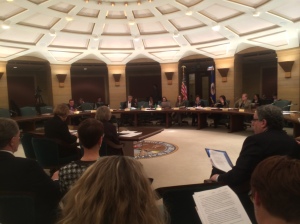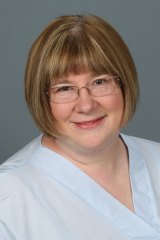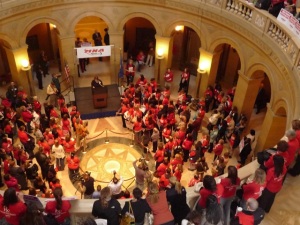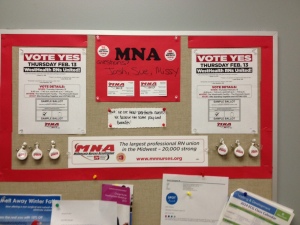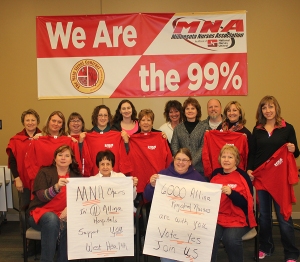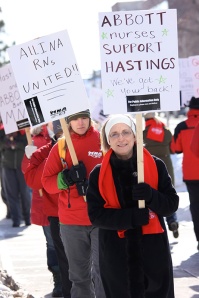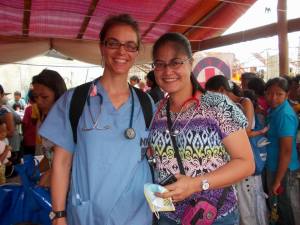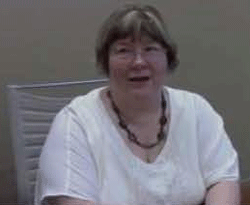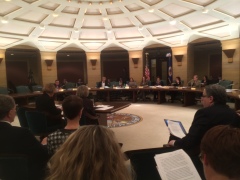 Health Care Professionals and Monitoring
Health Care Professionals and Monitoring
The Senate Committee on Health and Human Services amended and passed SF 1890 Wednesday afternoon, which would give the Minnesota Board of Nursing (BoN) more information about health care professionals who are eligible for the Health Professionals Service Program. (To enhance public safety in health care, HPSP monitors health professionals with illnesses as an alternative or adjunct to discipline.) MNA has several concerns about the bill, including that it would give the BoN much greater access to very sensitive personal information about nurses, and take a punitive, rather than chronic disease management, approach to substance abuse issues.
While SF 1890 passed the Senate HHS Committee, legislators and other experts around the table agreed the issues remain and will have to be settled in the Senate Judiciary Committee or somewhere before a final bill goes to the Senate floor. Even bill sponsors agreed more conversation of refining HPSP and the BoN are needed. To read more about Wednesday’s hearing, visit the MNA Blog.
In the House, Representative Tina Liebling is sponsoring HF1898 which MNA supports, which would stabilize HPSP and address the gap that exists between a nurse being discharged from HPSP and disciplinary action by the Board. This bill is scheduled to be heard in the House Health and Human Services Committee on Tuesday at 2:15 pm in State Office Building Room 200. If you are planning to be at the Capitol on Tuesday for Nurses Day on the Hill, please consider staying for the hearing.
Minimum Wage
The House and Senate conference committee negotiating over raising the minimum wage hit a road block this week. After both sides agreed to raise the minimum wage to $9.50, it seemed like the committee had momentum. But the talks broke down when the Senate side refused to index the minimum wage to inflation, which would essentially give low wage workers an automatic raise of about 15 to 17 cents a year to keep up with the rising costs of food, gas, and housing. The House wants to pass a bill with indexing. MNA nurses have been flooding senators’ inboxes with messages in support of raising the wage and indexing it to inflation, but as of this writing there has been no more news. If you haven’t already, please contact your state senator and ask him or her to raise the minimum wage, and index it to inflation so workers can keep up with the rising cost of living and lift their families out of poverty.
Wages are a Health Issue
On Monday, MNA President Linda Hamilton joined other health experts for an event to highlight the health impact of low wages. Families in poverty can’t afford nutritious food, safe homes, or health care. Raising the wage will help raise families into better health. Read President Hamilton’s comments here
